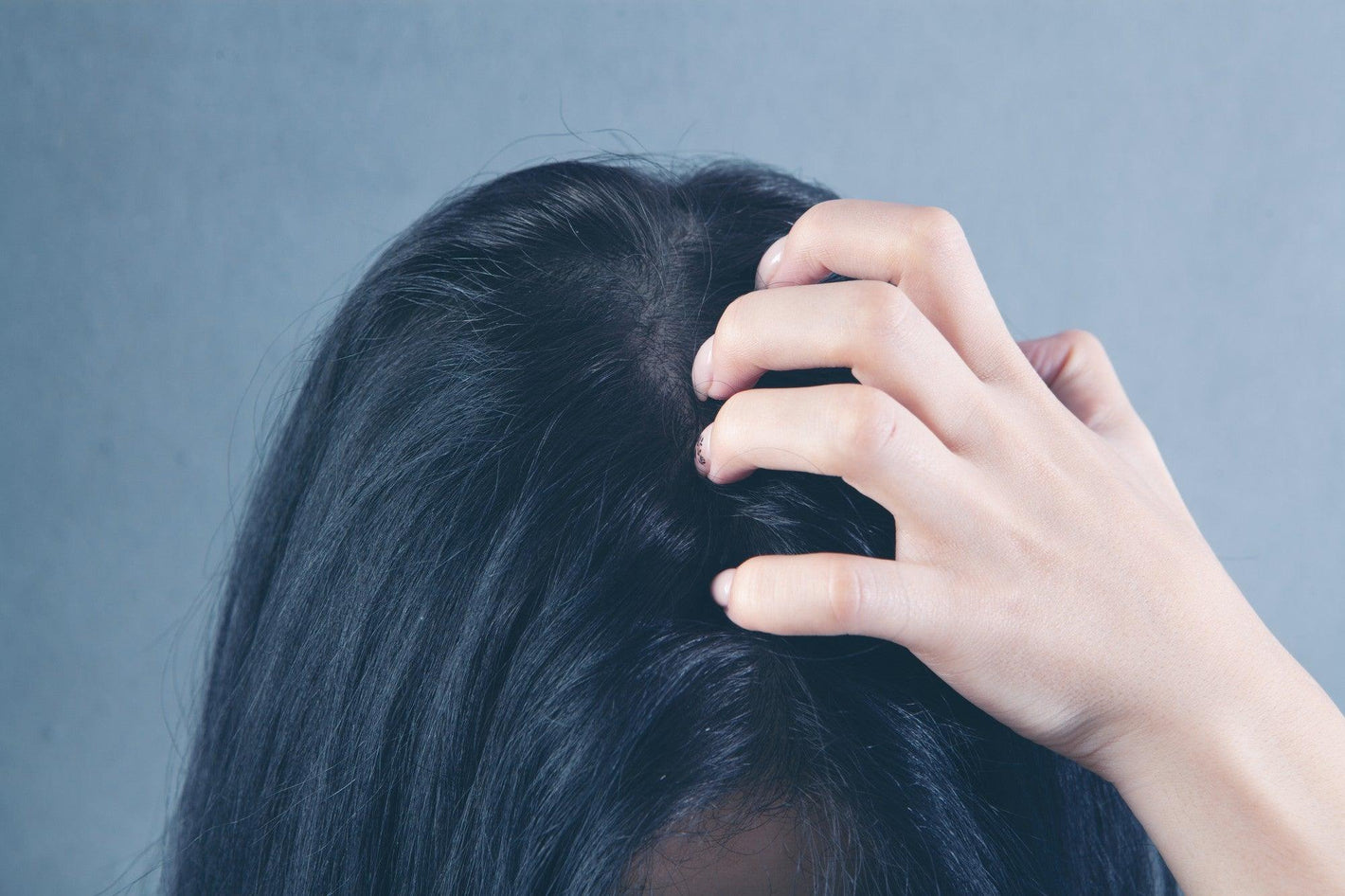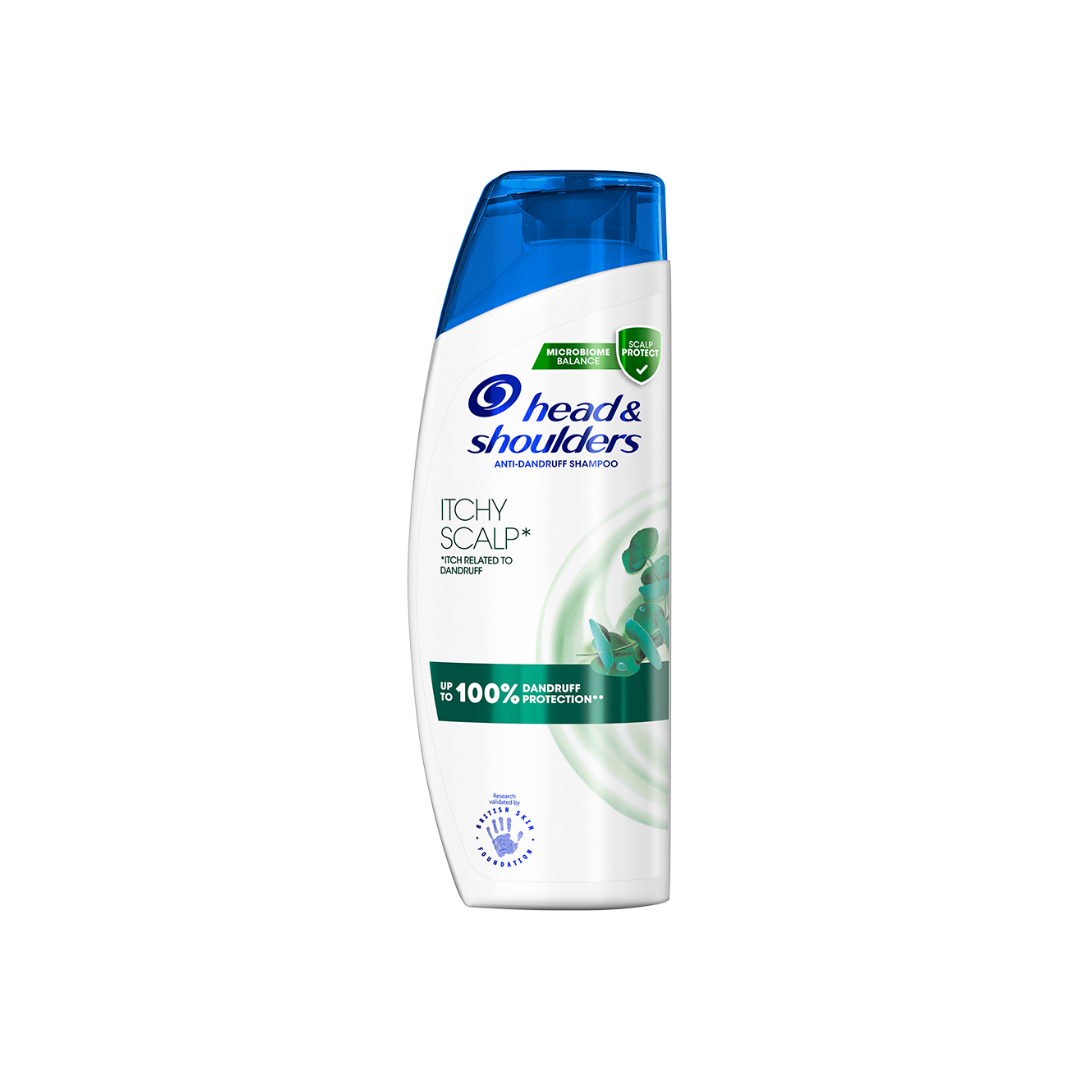Cures for itchy scalp and hair loss


Itchy scalp and hair loss are two common problems that can be caused by a variety of factors, including dandruff, eczema, psoriasis, fungal infections, seborrheic dermatitis, contact dermatitis, lice, and poor diet.
If you're struggling with an itchy scalp or hair loss, you may wonder what you can do to find relief. Read on to learn about some possible treatments for itchy scalp and hair loss.
Dandruff is a common cause of an itchy scalp and loss of hair follicles. A build-up of dead skin cells on the scalp causes it.
To get rid of dandruff, use a dandruff shampoo with active ingredients like zinc pyrithione or selenium sulfide. Hair dyes may also cause dandruff in some people.
You should also try to reduce stress, as stress can worsen dandruff symptoms.
Psoriasis is a chronic autoimmune disorder that causes raised, red, scaly patches on the skin. It can also affect the scalp, causing itchy, flaky scalp pruritus.
If you have psoriasis, you'll need to see a doctor for treatment options, which may include topical medications, light therapy, or oral medications for fungal infection.
Eczema is another chronic autoimmune disorder that can cause an itchy, flaky scalp. It's often treated with topical corticosteroids or immunosuppressants.
In severe cases, light therapy or oral medications may also be necessary.
Fungal infections like ringworm or candidiasis can cause an itchy scalp as well as hair loss in patches. Treatment usually involves antifungal medications, which may be taken orally or applied topically to the affected area.
Contact dermatitis occurs when the skin comes into contact with a substance that causes an allergic reaction or irritation.
This can happen if you use harsh haircare products or if you wear tight hairstyles that pull on the scalp too much.
If you have contact dermatitis of the scalp, itching and inflammation should go away once you stop using the offending product or remove the tight hairstyles
For more serious reactions, oral steroids may be necessary
Many different types of scalp conditions can lead to temporary hair loss.
One such condition is scalp ringworm, a fungal infection that can cause severe itchiness and inflammation. While there is no cure for scalp ringworm, standardized scalp massage results have effectively reduced symptoms and promoted hair growth.
However, scalp ringworm can also cause allergic reactions in some people, so it is important to consult a doctor before beginning any treatment.
If left untreated, scalp ringworm can lead to permanent hair loss. Thankfully, many treatments available can soothe the itchiness and help prevent further scalp itchiness and hair loss.
You may feel a constant, intense itch or a series of intermittent itch sensations if you have an itchy scalp.
The itching may be worse at certain times, such as when you're under stress or after exposure to trigger factors, such as cold weather or harsh shampooing.
Sometimes, the itching can be so severe that it leads to hair loss.
If you have an itchy scalp, you may also notice that your scalp is red and inflamed.
The inflammation may be more pronounced in certain areas, such as around the hairline or behind the ears.
You may also notice that your scalp is tender to the touch.
Another common symptom of an itchy scalp is flaking and scaling. This can happen for a number of reasons, including dry skin, dandruff, seborrheic dermatitis, psoriasis, or eczema.
You may notice that your scalp is covered in white flakes after scratching or that your hair is coming out in clumps due to excessive scratching.
Bald spots are another potential symptom of an itchy scalp and hair loss. These bald spots can vary in size and may be accompanied by redness, inflammation, and itchiness.
They may also be painful to the touch.
If you're experiencing itchy scalp and hair loss, you may also notice changes in the texture or thickness of your hair.
Your hair may become thinner overall or you may develop bald spots where the hair is thinner than usual.
In some cases, hair loss can be patchy and uneven.
One of the best ways to prevent an itchy scalp is to wash your hair regularly.
This will help remove any build-up of oil, sweat, or products that could be clogging your pores and causing irritation.
Washing your hair also helps get rid of any trapped dirt or bacteria that could be making your scalp itch.
Aim to wash your hair every 2-3 days with a mild shampoo that won't strip your scalp of its natural oils.

Buy your Hair Loss products online here.
Tight ponytails, cornrows, and other hairstyles that pull on your scalp can irritate your skin and make your scalp itch.
If you must wear your hair in a style that pulls on your scalp, make sure to loosen it every few hours to give your scalp a break.
Alternatively, try wearing your hair down more often or in styles that don't pull on your roots, such as buns or low ponytails.
If you have dandruff, using a dandruff shampoo can help get rid of the flakes and relieve an itchy scalp.
Look for shampoos that contain active ingredients like selenium sulfide, ketoconazole, zinc pyrithione, or salicylic acid.
Be sure to follow the instructions on the bottle carefully as some anti-dandruff shampoos need to be left on for several minutes before being rinsed off.
Tea tree oil has antifungal and antibacterial properties which make it an effective treatment for both dandruff and seborrheic dermatitis—a common cause of itchy scalps.
To use tea tree oil for an itchy scalp, add a few drops to your regular shampoo or conditioner bottle, then massage it into your wet hair and scalp before rinsing out as usual.
You can also add a few drops of tea tree oil to coconut oil or olive oil and apply it directly to your Scalp 30 minutes before washing your hair
Just as you would moisturize dry skin elsewhere on your body, it's important to keep your scalp hydrated too as dryness can lead to irritation and itchiness.
Look for products specifically designed for the scalp, such as serums, sprays, mists, and oils.
Alternatively, apply coconut oil, jojoba oil, avocado oil, or almond oil to Your Scalp. Just be sure not to use too much, as oily build-up can lead to greasy hair.
If you're struggling with an itchy scalp or hair loss, there are several things you can do at home to find relief. Start by washing your hair with a gentle shampoo and massaging your scalp with coconut oil or tea tree oil.
If you're struggling with hair loss, it is recommended that you get a hair loss test so that you can work with your doctor on an effective treatment plan to soothe an itchy scalp.
If you would like to learn more about what may be damaging your hair, read our article on the 11 ways you may be damaging your hair.
Or, read our common causes of hair loss article to learn more about hair loss.
Related Services
Related articles








Plus get the inside scoop on our latest content and updates in our monthly newsletter.